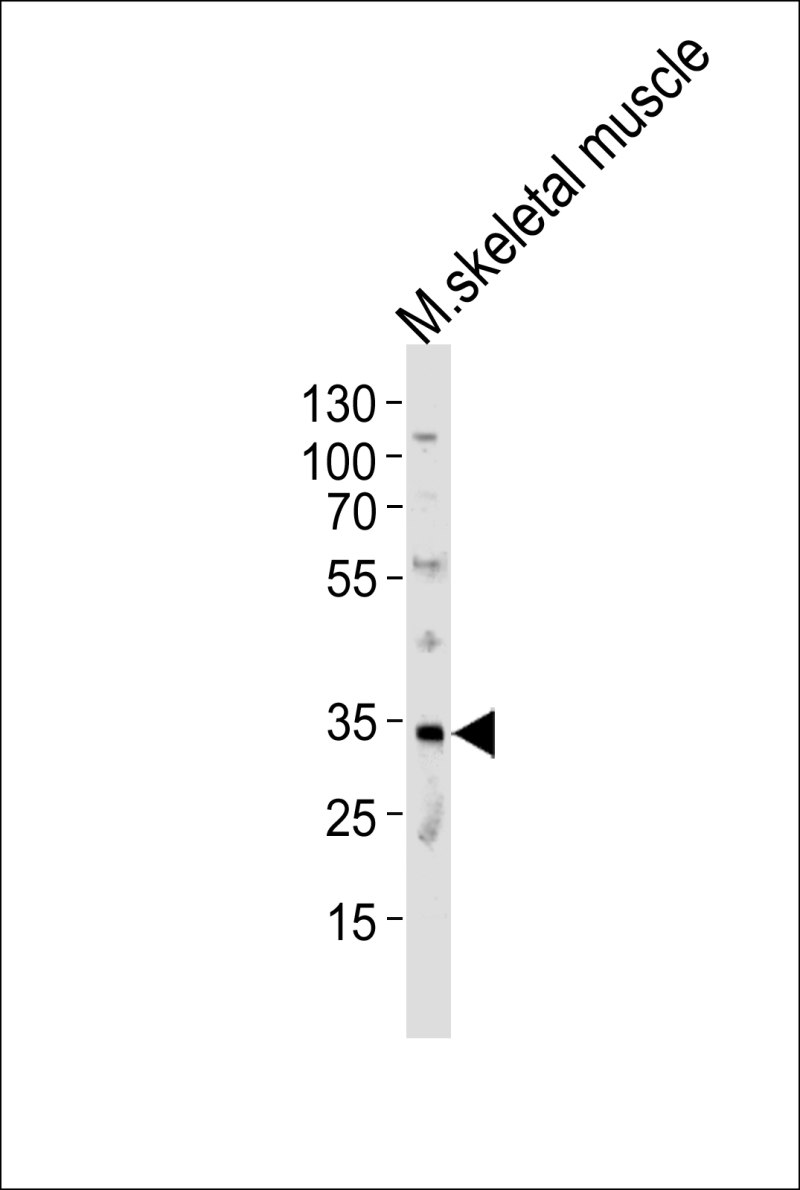
| WB | 咨询技术 | Human,Mouse,Rat |
| IF | 咨询技术 | Human,Mouse,Rat |
| IHC | 咨询技术 | Human,Mouse,Rat |
| ICC | 技术咨询 | Human,Mouse,Rat |
| FCM | 咨询技术 | Human,Mouse,Rat |
| Elisa | 咨询技术 | Human,Mouse,Rat |
| Aliases | 2-acylglycerol O-acyltransferase 2, Acyl-CoA:monoacylglycerol acyltransferase 2, MGAT2, Diacylglycerol acyltransferase 2-like protein 5, Monoacylglycerol O-acyltransferase 1-like, Monoacylglycerol O-acyltransferase 2, Mogat2, Dgat2l5, Mgat1l |
| Entrez GeneID | 233549 |
| WB Predicted band size | 38.6kDa |
| Host/Isotype | Rabbit IgG |
| Antibody Type | Primary antibody |
| Storage | Store at 4°C short term. Aliquot and store at -20°C long term. Avoid freeze/thaw cycles. |
| Species Reactivity | Mouse |
| Immunogen | This Mouse MOGT2 antibody is generated from rabbits immunized with a KLH conjugated synthetic peptide between 278-312 amino acids from the C-terminal region of mouse MOGT2. |
| Formulation | Purified antibody in PBS with 0.05% sodium azide. |
+ +
以下是3篇涉及小鼠MOG抗体的代表性文献摘要(注:MOGT2可能为笔误,此处按MOG抗体相关研究整理):
1. **文献名称**: "Antibody-mediated demyelination in experimental autoimmune encephalomyelitis is independent of Fc receptor-mediated inflammation"
**作者**: Linington C, et al.
**摘要**: 研究证明抗MOG抗体可直接结合髓鞘MOG蛋白,通过补体激活途径诱发中枢神经系统脱髓鞘,此过程不依赖Fc受体介导的炎症反应,为抗体依赖性脱髓鞘机制提供了证据。
2. **文献名称**: "MOG antibody seropositivity in a mouse model of MS alters the expression of neuroinflammatory genes in the spinal cord"
**作者**: Marta CB, et al.
**摘要**: 通过MOG35-55肽诱导的EAE小鼠模型,发现抗MOG抗体的存在显著上调脊髓中IL-6、TNF-α等促炎因子基因表达,提示抗体可能通过调节局部免疫微环境加剧神经损伤。
3. **文献名称**: "Passive transfer of MOG-specific autoantibodies exacerbates demyelination in a viral model of multiple sclerosis"
**作者**: Oliver AR, et al.
**摘要**: 在小鼠病毒诱导的脱髓鞘模型中,被动注射抗MOG单克隆抗体显著加重髓鞘损伤和运动功能障碍,证实抗体在疾病进展中的直接致病作用,提示其作为治疗靶点的潜力。
注:若需特定MOGT2相关文献,建议核实基因/蛋白名称准确性或补充实验背景信息。
The Mouse MOG (Myelin Oligodendrocyte Glycoprotein) antibody, often referred to as anti-MOG, targets a transmembrane protein expressed on the surface of oligodendrocytes and myelin sheaths in the central nervous system (CNS). MOG is a minor component of myelin but plays a significant role in autoimmune demyelinating diseases, such as experimental autoimmune encephalomyelitis (EAE), a model for multiple sclerosis (MS). Antibodies against MOG are implicated in antibody-mediated demyelination, contributing to neuroinflammation and neuronal damage.
The MOGT2 epitope, specifically, is associated with a conformational or post-translationally modified form of MOG, recognized by certain monoclonal antibodies. These antibodies are widely used in research to study the pathogenesis of demyelinating disorders, assess therapeutic interventions, and characterize immune responses in EAE models. Mouse-derived MOG antibodies are often generated using recombinant MOG protein or peptides, enabling specificity validation via techniques like Western blot, immunohistochemistry, or flow cytometry. Their application extends to investigating the role of B cells and autoantibodies in CNS autoimmunity. Recent studies highlight the clinical relevance of anti-MOG antibodies in pediatric MS and neuromyelitis optica spectrum disorders (NMOSD), underscoring their diagnostic and prognostic value. Research-grade MOGT2 antibodies remain critical tools for unraveling mechanisms of myelin injury and developing targeted therapies.
×